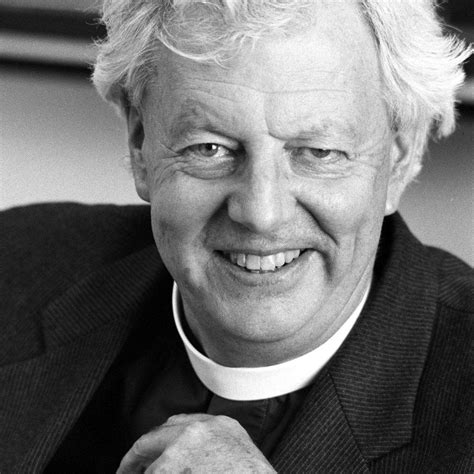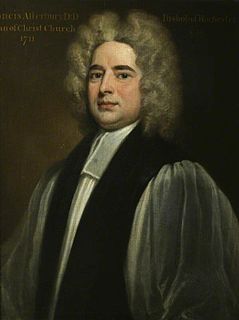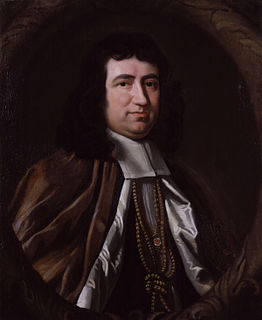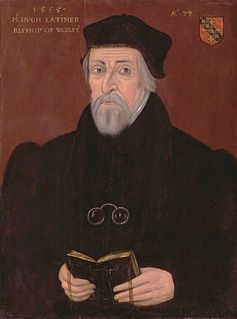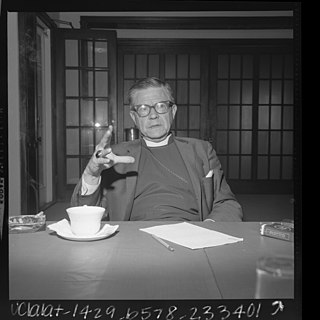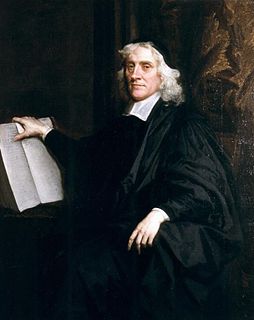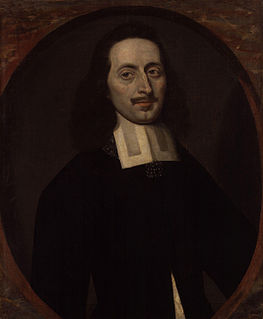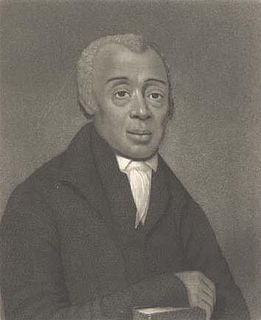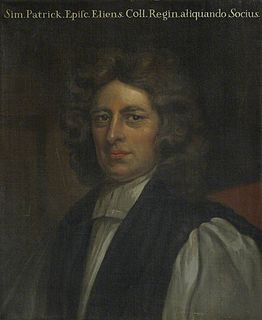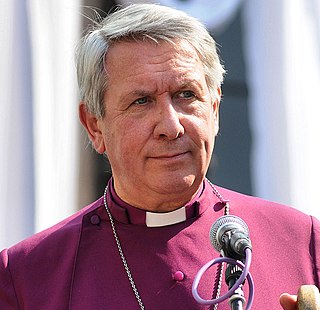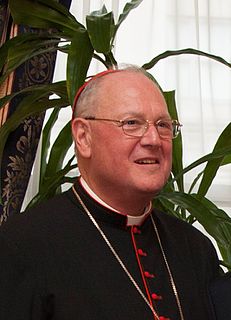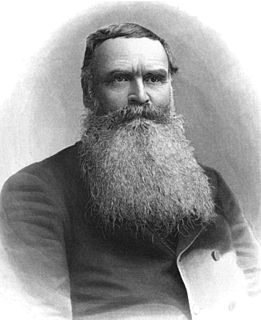Top 19 Quotes & Sayings by Pope Dionysius
Explore popular quotes and sayings by a bishop Pope Dionysius.
Last updated on December 23, 2024.
...if we know God our knowledge of... everything will be brought to perfection, and, in so far as is possible, the infinite, divine and ineffable dwelling place (cf. Jn. 14:2) will be ours to enjoy. For this is what our sainted teacher said in his famous philosophical aphorism: 'Then we shall know as we are known' (I Cor. 13:12), when we mingle our god-formed mind and divine reason to what is properly its own and the image returns to the archetype for which it now longs.
...God does not possess a private knowledge of Himself and a separate knowledge of all the creatures in common. The universal Cause, by knowing Itself, can hardly be ignorant of the things which proceed from It and of which It is the source. This, then, is how God knows all things, not by understanding things, but by understanding Himself.
All angels bring revelations and tidings of their superiors. The first bring word of God who is their inspiration, while the others, according to where they are, tell of those inspired by God... the holiest of the seraphim 'cry out to one another' (Is. 6:3)... this shows that the first ranks pass on to the second what they know of God.
One can take eternity and time to be predicates of God since, being the Ancient of Days, He is the cause of all time and eternity. Yet He is before time and beyond time and is the source of the variety of time and of the seasons. Or again, He precedes the eternal ages, for He is there before eternity and above eternity, and 'His kingdom is an everlasting kingdom' (Ps. 145:13). Amen.
The name 'cherubim' means 'fullness of knowledge' or 'outpouring of wisdom'... The name cherubim signifies the power to know and to see God, to receive the greatest gifts of His light, to contemplate the divine splendor in primordial power, to be filled with the gifts that bring wisdom and to share these generously with subordinates as a part of the beneficent outpouring of His wisdom.
...we must all offer up a hymn of praise to the God... who is 'Lord of lords' (Deut. 10:17, Ps. 136:1, I Tim. 6:15, Rev. 17:14, 19:16)... Lordship is not simply a matter of being superior with respect to inferiors but a complete possession of all that is beautiful and good, and is furthermore a true and unshakable stability.
The word of God has provided nine explanatory designations of the heavenly beings... the first group is forever around God and is said to be permanently united with Him ahead of any of the others and with no intermediary. Here there are the most holy 'thrones' and the orders said to possess many eyes and many wings, called in Hebrew the 'cherubim' and 'seraphim'... The second group... is made up of 'authorities,' 'dominions,' and 'powers.' And the third, at the end of the heavenly hierarchies, is the group of 'angels,' 'archangels,' and 'principalities.'
Our Lord Jesus Christ made the merciful shepherding of His sheep the proof of love for Himself (cf. Jn. 21:15-17). He denounces as 'wicked' the servant who refused to pardon the debt of his fellow servant and who did not share in even the smallest way, the immense kindness that was bestowed on himself; that he should suffer the fate which he dealt is plainly shown to be right (cf. Mt. 18:32-33).
[God] is perfect not only insofar as He is absolute perfection, defining perfection in Himself and from His singular existence and total perfection, but also because He is far beyond being so. He sets a boundary to the boundless and in His total unity He rises above all limitation. He is neither contained nor comprehended by anything. He reaches out to everything and beyond everything and does so with unfailing generosity and unstinted activity.
Trinity!! Higher than any being, any divinity, any goodness! Guide of Christians in the wisdom of heaven! Lead us up beyond unknowing and light, up to the farthest, highest peak of mystic scripture, where the mysteries of God's Word lie simple, absolute and unchangeable in the brilliant darkness of a hidden silence. Amid the deepest shadow they pour overwhelming light on what is most manifest. Amid the wholly unsensed and unseen they completely fill our sightless minds with treasures beyond all beauty.
The Word of God makes use of poetic imagery when discussing... formless intelligences but... it does not do so for the sake of art, but as a concession to the nature of our own mind. It uses scriptural passages in an uplifting fashion as a way, provided for us from the first, to uplift our mind in a manner suitable to our nature.
I pray we... come to this darkness so far above light! If only we lacked sight and knowledge so as to see, so as to know, unseeing and unknowing, that which lies beyond all vision and knowledge. For this would be really to see and to know: to praise the Transcendent One in a transcending way... We would be like sculptors who set out to carve a statue. They remove every obstacle to the pure view of the hidden image, and simply by the act of clearing aside they show up the beauty which is hidden.
'Every good endowment and every perfect gift is from above, coming down from the Father of lights' (Jms. 1:17). But there is something more. Inspired by the Father, each procession of the Light spreads itself generously toward us, and, in its power to unify, it stirs us by lifting us up. It returns us back to the oneness and deifying simplicity of the Father who gathers us in. For, as the sacred Word says, 'from Him and to Him are all things' (Rom. 11:36).
We make assertions and denials of what is next to [the Divine Nature], but never of It, for It is both beyond every assertion, being the perfect and unique cause of all things, and, by virtue of Its preeminently simple and absolute nature, free of every limitation, beyond every limitation; it is also beyond every denial.
What has actually to be said about the Cause of everything is this. Since it is the Cause of all beings, we should posit and ascribe to it all the affirmations we make in regard to beings, and, more appropriately, we should negate all these affirmations, since It surpasses all being. Now we should not conclude that the negations are simply the opposites of the affirmations, but rather that the cause of all is considerably prior to this, beyond privations, beyond every denial, beyond every assertion.


